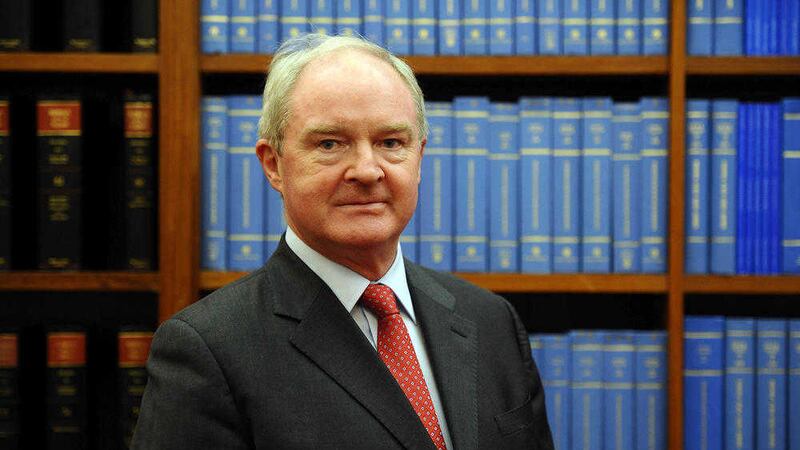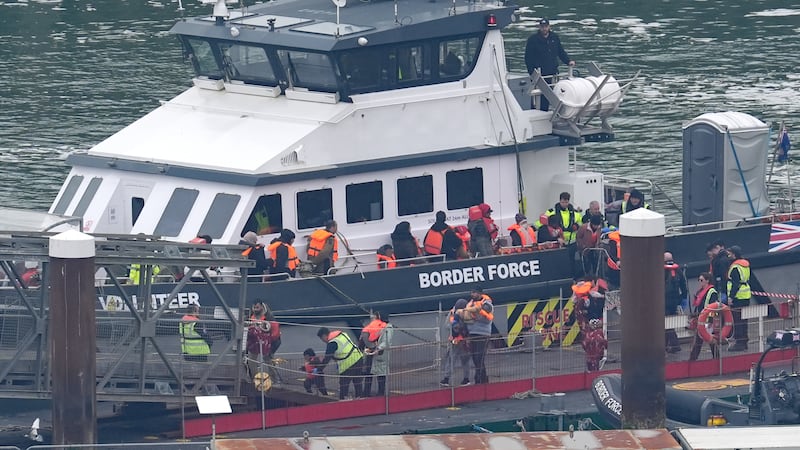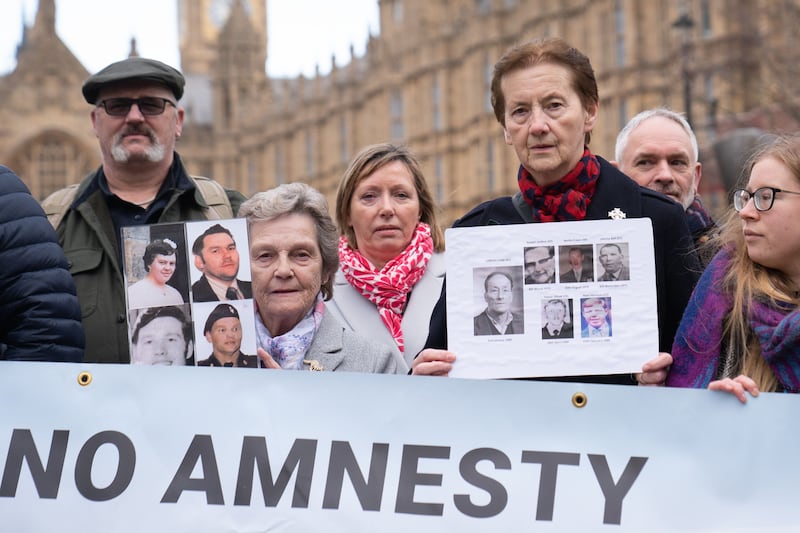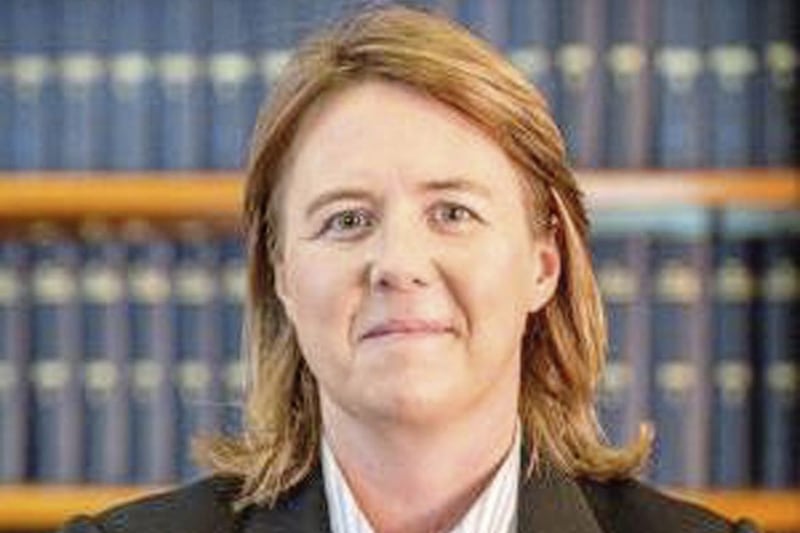THE problem of cyber-bullying is a "huge concern for young people and those who care for them", the north's most senior judge has said.
Lord Chief Justice Sir Declan Morgan said that before the dawn of social media the "school bully could be left at the gates" - but now followed children home.
"Today, the bully accompanies the child everywhere they go. Victims can be targeted through social media networks accessed via the smartphone on the school bus, or the laptops which for many children are switched on from the moment they arrive home until bedtime," he said.
Sir Declan was addressing a conference on Justice in a Digital Age at the W5 in Belfast's Odyssey Pavillion.
He said "misuse of social networking can make life a nightmare" and "the problem of online harassment or cyber-bullying" is a "huge concern for young people and those who care for them".
But Sir Declan warned that "significant difficulties still remain ahead for courts and legislators in this area", because defending victims "cannot be carried out in a way that erodes freedom of expression".
"The problems created by changing technology in this area are incredibly complex, and as difficult to resolve for website operators themselves as they are for law enforcement and judicial bodies," he said.
"There is a technological `space race' between cyber-criminals and those who keep the public safe.
"The impression is that we have been reactive to those who commit the crimes. We need to change that approach but that cannot in my view be successfully done solely on a national basis."
The Lord Chief Justice also admitted that the way online images of child abuse are "streamed and not downloaded" on the so-called dark web "often makes identification and arrest of offenders a near impossibility".
He said judges must adopt a "common sense approach" when ruling on what constitutes a crime, as an increasing range of technology develops to allow such offences to be committed, insisting "cases which are brought before the courts should not founder on semantics".
Sir Declan also stressed that the victims must be at the heart of the judicial process - even when it is impossible to tell who they are.
"In an area of the law where there is no identifiable victim, but evidence of terrible abuse, it can be tempting for those tasked with classifying images to do so on the basis of how offensive and morally repugnant they would be in the eyes of the public," he said.
"However, this is a consequence of the technologies by which such offences are committed and should not cloud the fact that the level of harm to the child must remain the paramount consideration."
And he said the development of a UK-wide Child Abuse Image Database, which allows police forces to upload seized images of children for analysis ,could help "victim identification".








